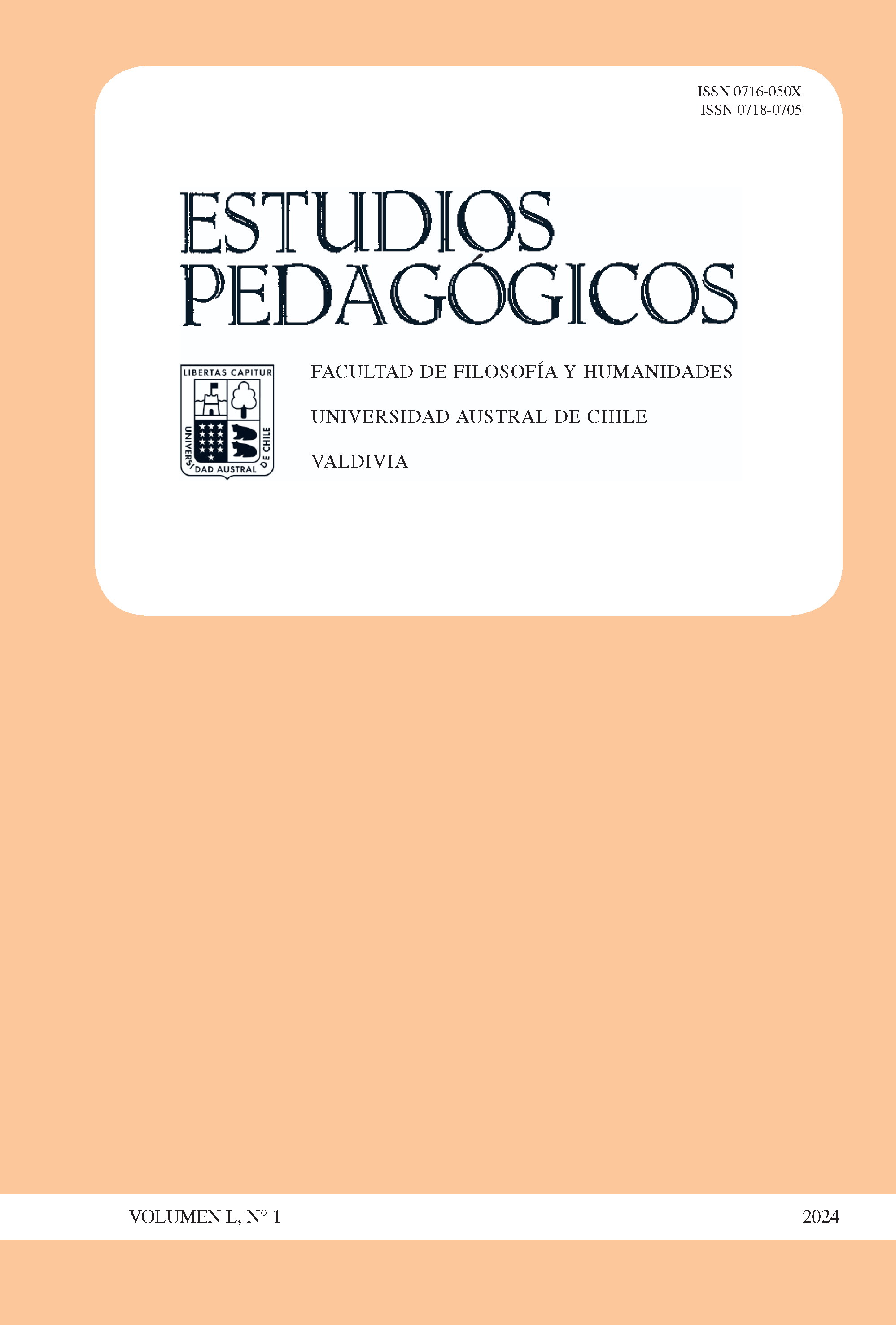Knowledge systems that frame learning processes in mapuche and aymara families
Main Article Content
Abstract
This paper presents results of a research project, developed over three years with mapuche and aymara families in their own territories, aimed to describe characteristics of the knowledge systems that frame the participants´ learning conceptions. It is based on radical constructivism, situated learning and the consideration of emotions as relevant factor in learning, The methodology is qualitative, participatory, ethnographic, and it is carried out through a process of co-construction between non-indigenous researchers and indigenous families. The results show that the conceptions, logics and methods implicated in family and community learning are shared by mapuche and aymara people, who also coincide in culture- specific knowledge and ways of doing they want to preserve. Our purpose is to highlight these conceptions and demand spaces in academy and education for the epistemology and the agency of indigenous actors.

